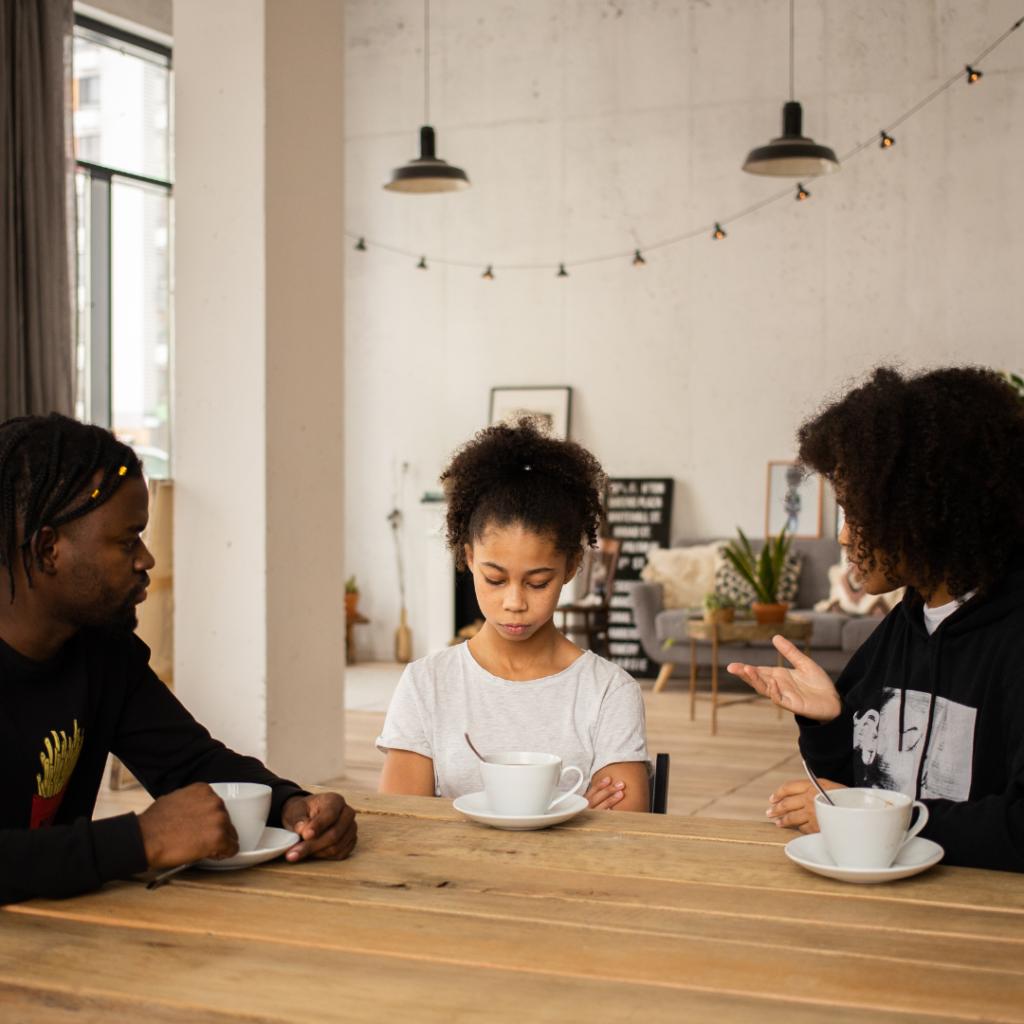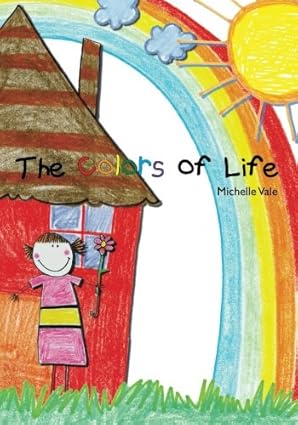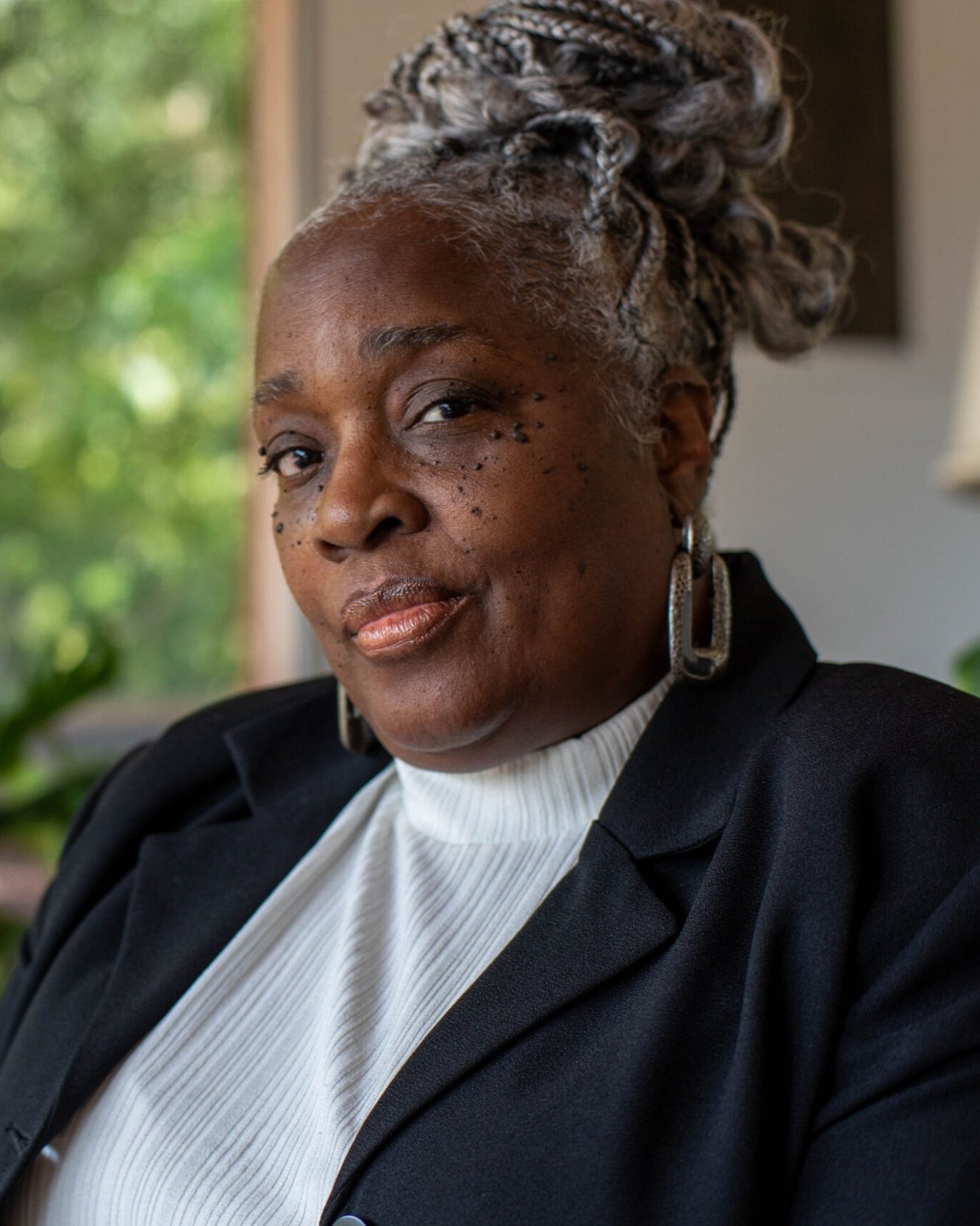News
Navigating the Complexities of Black Grief

By Sharena Sigmon for Rainbows for All Children
February 22, 2024
As we near the end of Black History Month, it’s vital to acknowledge the significance of honoring Black life, Black stories, and Black love not just in February, but all year round. Black History is not confined to a mere 28 days; it is an ongoing celebration that knows no bounds.
Celebrating life amidst the pain of loss is a delicate dance that requires us to embrace both happiness and sorrow. It’s about finding comfort in cherished memories and treasuring the moments we share with our loved ones. By honoring the lives we’ve lost and embracing the beauty of life, we can navigate the path of celebration and grief hand in hand. Grief extends beyond the individual, reaching into the collective consciousness of a community that has endured centuries of hardship. The complexities of grief within the Black community are deeply intertwined with a history of resilience, resistance, and an ongoing fight against systemic injustices. It is a journey that calls for recognition, empathy, and healing.
Growing up as a Black person in America means being acquainted with loss and grief from an early age, even before fully comprehending the true meaning of loss. It’s a sad truth that Black people often confront death and its lasting consequences before they possess the emotional tools to cope with it. Recognizing the depths of Black grief and its influence on the family structure is crucial in unraveling the tapestry of Black history and understanding how it has systematically impacted the lives of numerous Black individuals throughout generations.
Despite the deep and intricate grief that the Black community has faced over time, many do not turn to professionals for help. This brings up the issue of how to handle grief when it is so intertwined with one’s life and sense of self. How can Black individuals come to terms with loss and sorrow when, often, they must detach from it to cope? Statistics reveal that the Black community is more prone to losing a parent or sibling during childhood and middle age compared to their white counterparts. This underscores the significance of educating and dealing with grief at an early stage within the Black community.
It is of utmost importance to establish secure environments where the Black community can freely express their emotions regarding grief and loss. Having specific resources in place is invaluable when it comes to safeguarding the mental well-being of the Black community. In order to navigate the profound depths of grief within the Black community, it is crucial to have access to individuals who champion social justice, community support networks, counseling services, and a range of other resources. Clinicians of Color is an organization that is committed to supporting Black and Brown individuals by connecting them with clinicians who understand their unique experiences and can offer representation. The Juvenile Protective Association is available to support youth in marginalized communities in Chicago, aiming to enhance their emotional and social well-being. SAMHSA envisions a world where individuals with mental health conditions, or those at risk, receive the care they need to achieve well-being and thrive. The unwavering solidarity and genuine support of the Black community are the driving forces that empower the Black community to overcome challenges and showcase incredible resilience. The creation of safe spaces, community services, and support groups is absolutely necessary. It is through this collective strength that we discover the determination to persevere and thrive, regardless of the obstacles we may encounter.
Resources:
Clinicians of Color – https://www.cliniciansofcolor.org/
The Juvenile Protective Association – https://www.jpachicago.org/
SAMHSA – https://www.samhsa.gov/
Umberson, D. (2017). Black Deaths Matter: Race, Relationship Loss, and Effects on Survivors. Journal of Health and Social Behavior, 58(4), 405–420. https://doi.org/10.1177/0022146517739317




